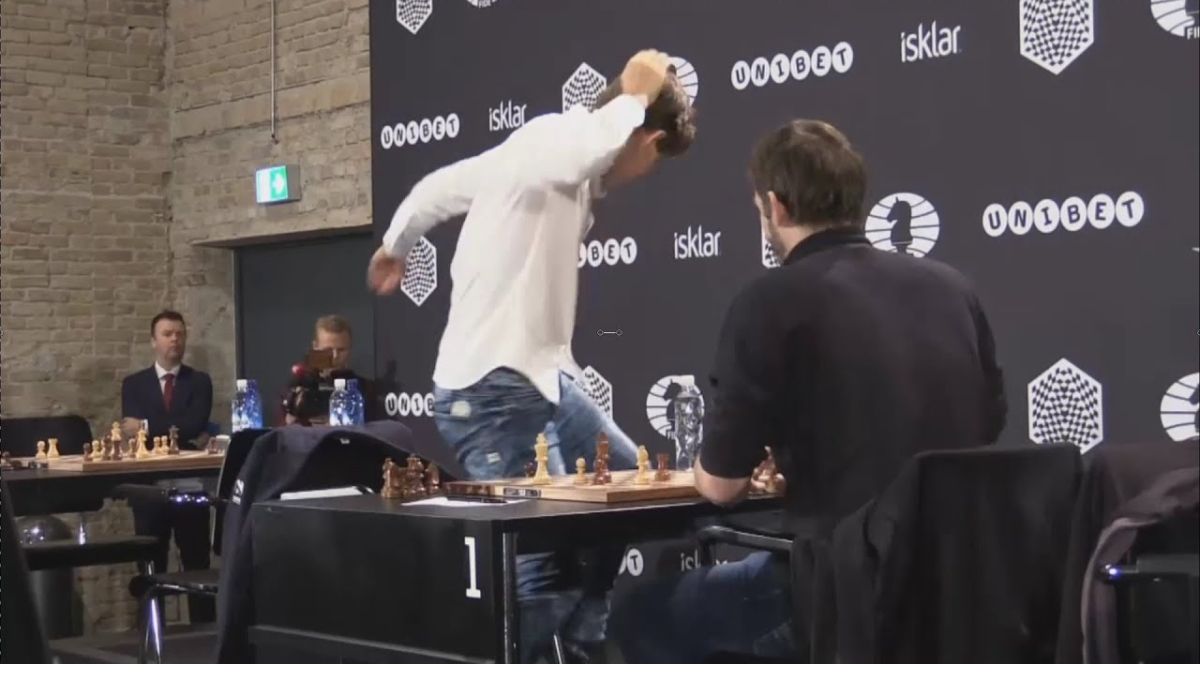Not all chess players are toxic, but like in any competitive activity, you can find individuals with toxic behaviors or attitudes within the chess community.
Types of Toxicity in Chess:
Toxicity in chess, as in any other competitive field, can take various forms. It’s important to avoid making blanket statements about all chess players, as the behavior of any group of people can vary widely.
Some factors that can contribute to toxicity in the chess community include:
- Competitive Pressure: The intense competitive nature of chess can lead to heightened emotions and occasional outbursts, which may be seen as toxic behavior.
- Online Chess: The anonymity provided by online chess platforms can sometimes lead to players engaging in negative or disrespectful behavior due to reduced accountability.
- Ego and Pride: Chess players, especially at higher levels, might struggle with their egos and pride. This can lead to condescending or dismissive behavior towards others.
- External Stressors: Personal stress, pressure, or other factors outside of chess can influence a player’s behavior and interactions.
- Cultural Differences: Cultural norms and differences can sometimes lead to misunderstandings and perceived toxicity, as what may be seen as acceptable behavior in one culture might not be in another.
Negative Consequences of Chess Toxicity:
Some of the repercussions of toxic behavior in chess, especially in online platforms, include:
- Bans and Penalties: Online chess platforms like chess.com often have community guidelines and rules against toxic behavior, including harassment, cheating, and unsportsmanlike conduct. Violating these rules can result in temporary or permanent bans from the platform. This can limit your ability to enjoy the game and participate in online chess events.
- Negative Experience for Others: Toxic behavior creates a hostile and unpleasant environment for other players. This can deter people from playing and enjoying the game, especially newcomers or those looking for a respectful and friendly community.
- Reputation Damage: Consistently exhibiting toxic behavior can damage your reputation as a chess player. Other players may be less willing to engage with you in a positive and constructive manner, both online and in-person.
- Stress and Mental Health: Experiencing or engaging in toxic behavior can lead to increased stress and anxiety, affecting your mental health. It’s important to remember that chess is a game and should be an enjoyable pastime, not a source of undue stress.
- Diminished Learning and Growth: Toxic players are often more focused on winning at any cost than on learning and improving their chess skills. This can hinder personal growth and development as a player.
- Loss of Friends and Community: Toxic behavior can lead to the loss of friends and exclusion from chess communities. Many players value the camaraderie and social aspect of chess, and toxic behavior can disrupt these relationships.
- Legal Consequences: In extreme cases, toxic behavior, such as cyberbullying or harassment, can lead to legal consequences, depending on the severity and the laws in your jurisdiction.
- Lack of Sponsorship and Opportunities: In the chess world, a positive and sportsmanlike attitude can open doors to sponsorships, invitations to tournaments, and other opportunities. Toxic behavior can close those doors and limit your chances of success in competitive chess.

